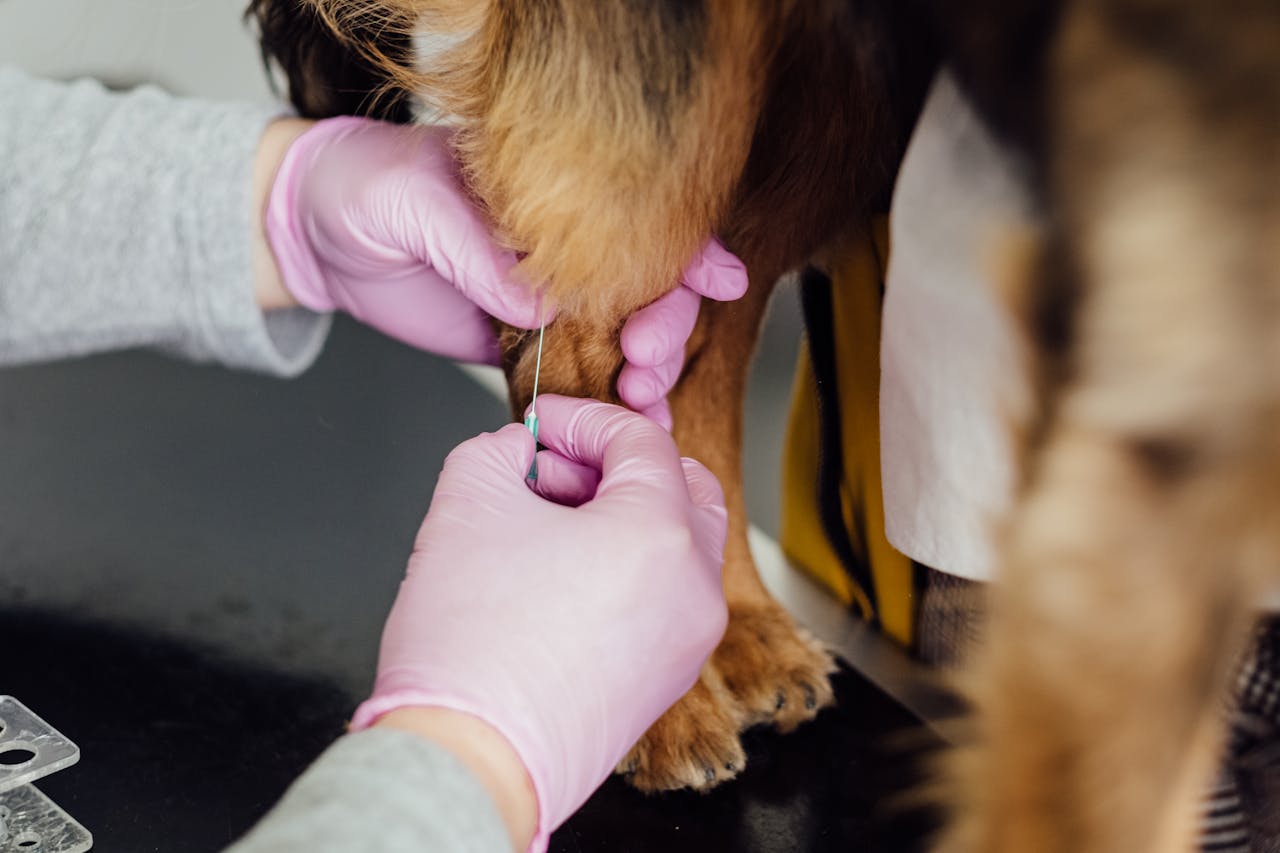
26 Apr The Role of Preoperative Bloodwork in Veterinary Dentistry
In the realm of veterinary dentistry, the importance of preoperative bloodwork cannot be overstated. Just as in human medicine, these tests serve as a crucial step in ensuring the safety and well-being of our animal companions undergoing dental procedures. While it may seem like an extra precaution, the insights gained from preoperative bloodwork are invaluable in assessing a patient’s overall health and identifying any potential risks before they escalate.
4 Reasons Preoperative Bloodwork Is Necessary for Veterinary Dental Procedures
So, why do we require preoperative bloodwork before dental procedures in veterinary dentistry? Let’s delve into the reasons behind this essential practice and what exactly we’re looking for.
1. Comprehensive Health Assessment
First and foremost, preoperative bloodwork provides a comprehensive snapshot of the patient’s internal health status. It allows us to evaluate vital parameters such as red and white blood cell counts, platelet levels, liver and kidney function, and electrolyte balance. These factors are critical in determining a patient’s ability to tolerate anesthesia and undergo surgery safely.
2. Assessing Anesthetic Suitability
One of the primary concerns in any surgical procedure, including dental surgeries, is the patient’s ability to metabolize and eliminate anesthetic drugs effectively. Liver and kidney function tests help us assess the body’s ability to process anesthesia, reducing the risk of complications such as prolonged recovery times or adverse reactions.
3. Detecting Underlying Conditions
Similarly, a complete blood count (CBC) helps us evaluate the patient’s overall health and detect any underlying conditions such as anemia, thrombocytopenia (low platelets), or leukocytosis (high white blood cells). Anemia, for example, could indicate underlying systemic issues that need to be addressed before proceeding with surgery. Detecting infections preoperatively allows us to take appropriate measures to minimize the risk of complications and ensure a smoother recovery.
Additionally, preoperative bloodwork can uncover previously undiagnosed medical conditions that may impact the dental procedure, the anesthetic drug protocol, or the patient’s overall health. For instance, elevated blood glucose levels could indicate diabetes mellitus, a condition that requires careful management during anesthesia, surgery, and the post-operative period. Identifying such conditions beforehand allows us to tailor our approach to the patient’s specific needs and minimize the risk of complications.
4. Establishing Baseline Values
Furthermore, preoperative bloodwork serves as a baseline for comparison during and after the procedure. If any unexpected changes occur during surgery or recovery, having baseline values allows us to intervene promptly and adjust our treatment plan accordingly. This proactive approach can significantly improve patient outcomes and reduce the likelihood of postoperative complications.
Veterinary Dentist in Fort Collins
Preoperative bloodwork is a fundamental aspect of veterinary dentistry that plays a pivotal role in ensuring the safety and well-being of our patients. By assessing key parameters such as organ function, blood cell counts, and metabolic status, we can identify potential risks, tailor our approach to each patient’s unique needs, and intervene promptly if any complications arise. Ultimately, the goal is to provide the highest standard of care for our animal companions and ensure a smooth and successful dental procedure with minimal risks. If your pet needs dental work or a checkup, contact Animal Dental Care & Oral Surgery in Fort Collins to make an appointment.
Images used under creative commons license – commercial use (4/26/2024). Photo by freestocks.org on Pexels



